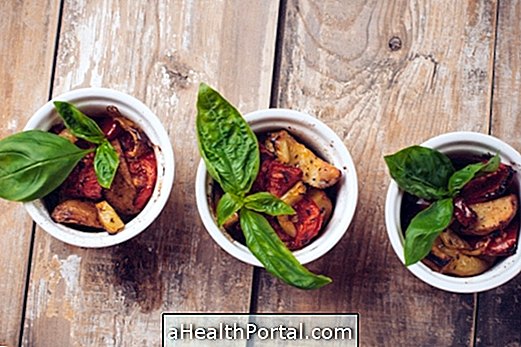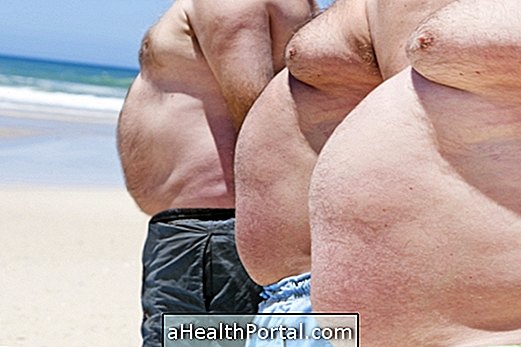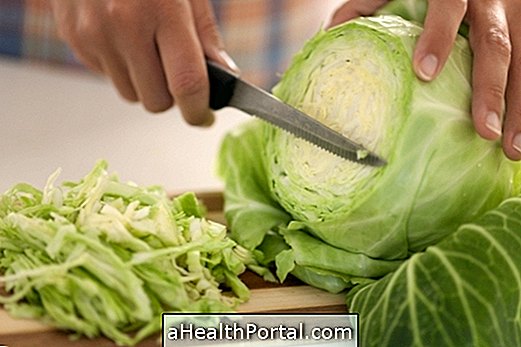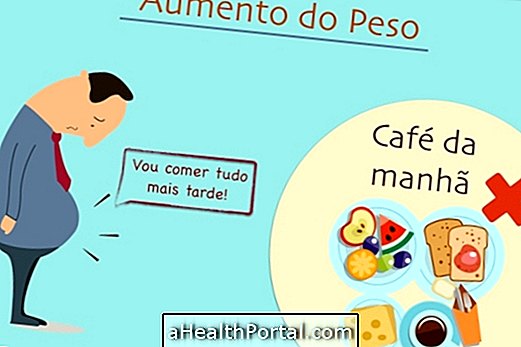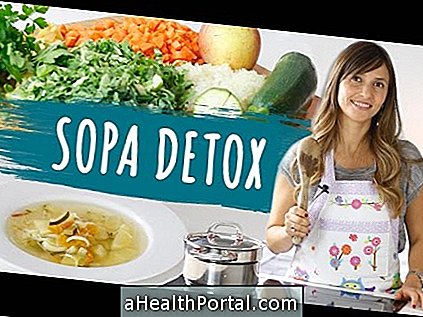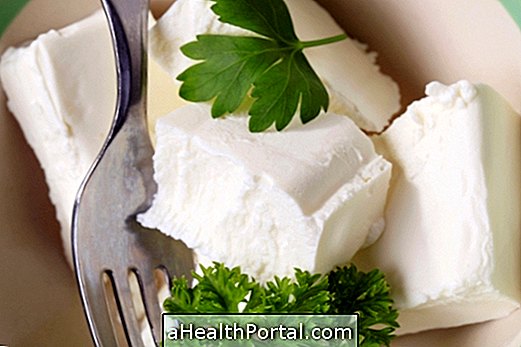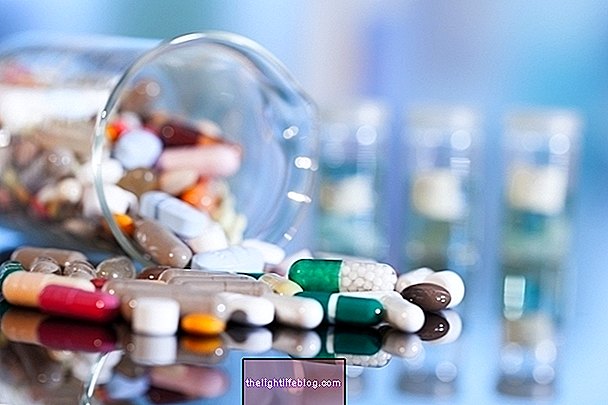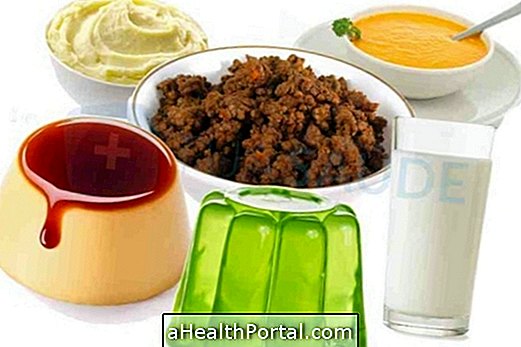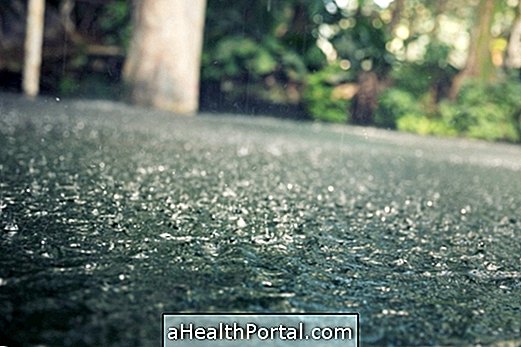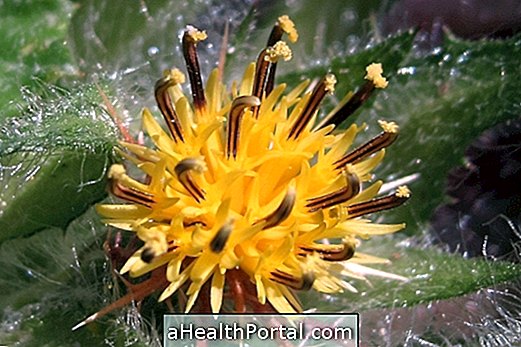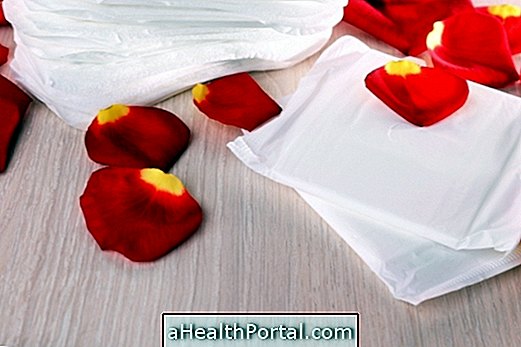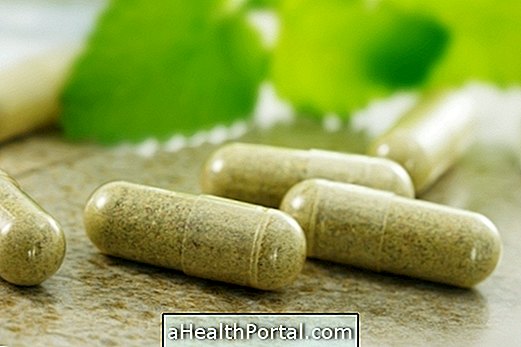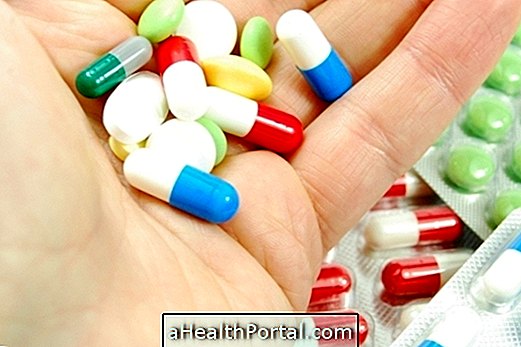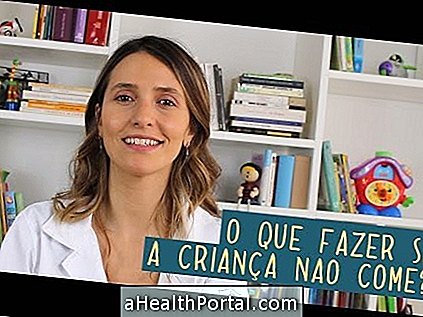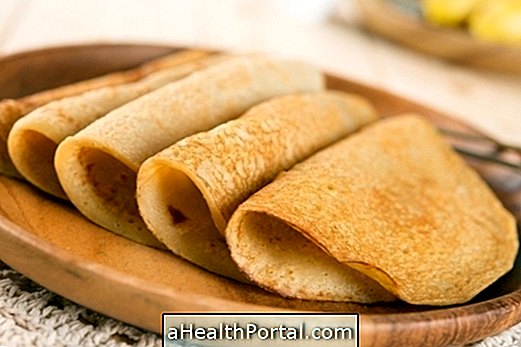To cure pneumonia, one should increase the consumption of antioxidant and anti-inflammatory foods like tuna, sardines, nuts, avocado, beets and fruits and vegetables in general to strengthen the immune system. In addition, it is also important to reduce the consumption of foods rich in sugar, fat, fried foods, salt and caffeine, which improves metabolism and facilitates and accelerates recovery from pneumonia.
What to eat
As pneumonia is usually an infection caused by viruses, bacteria or fungi and increases the body's energy expenditure to fight infection, the diet should be rich in foods capable of providing calories and strengthen the immune system to help the body fight disease, along with the medication prescribed by the doctor.
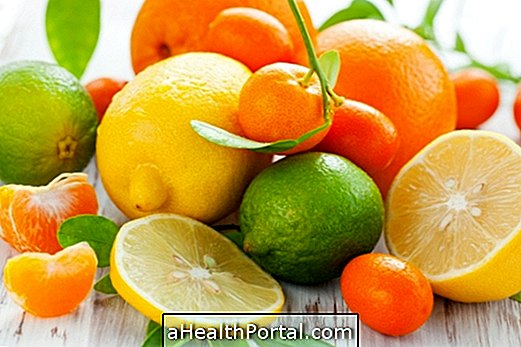
To recover faster from pneumonia, you should eat fruits and vegetables at every meal of the day as they are foods rich in water, vitamins, minerals and antioxidants that help keep the body hydrated and strengthen the immune system. Thus, snacks can be made with juices, chopped fruits and vitamins, for example, as well as soups or vegetable creams for lunch or dinner. Some examples of good choices are orange, pineapple, strawberry, broccoli, spinach and tomato.
In addition, increase intake of anti-inflammatory and omega-3 rich foods such as salmon, sardines, avocados, nuts and flaxseed. help reduce inflammation caused by the disease, bringing relief for muscle pain and fever.
What Not to Eat
In addition to being attentive to what to eat to accelerate recovery from pneumonia, it is also important to remember to avoid eating foods that increase inflammation and worsen disease such as fried foods, sweets, high-fat foods and processed meats such as bacon, sausage, ham and sausage.
It is also important to avoid consuming processed foods and spices, such as instant noodles, frozen ready-to-eat foods, stuffed biscuits and diced meats, as well as foods rich in salt and caffeine such as English sauce, black and soft drinks.
Pneumonia Diet Menu
The following table is the example of a 3-day menu that helps cure pneumonia more quickly.
| Meal | Day 1 | Day 2 | Day 3 |
| Breakfast | 1 glass of orange juice + 1 slice of brown bread + 1 egg | banana vitamin with 1 tablespoon of oats + 1 tablespoon of peanut butter | 1 glass of pineapple juice + 1 tapioca with cheese |
| Morning snack | 1 bowl of strawberries with 1 tablespoon of oats | 1 apple + 10 cashew nuts | 1 cup natural yogurt + 1 teaspoon honey + 1 teaspoon flaxseed |
| Lunch dinner | 2 small boiled potatoes + 1/2 salmon or 1 can of sardines + braised cabbage salad | rice cooked with chicken and vegetables | vegetable soup with chicken or fish |
| Afternoon snack | 1 glass of natural yoghurt + 3 tablespoons of granola | 1 glass of orange juice + 1 slice of whole wheat bread with cheese | avocado vitamin |
At meal intervals one should always remember to drink plenty of water, juice or weak tea, preferably without sugar, to increase fluid intake. Even without appetite, it is important to try to eat at all meals, even if consumption is made in small amounts.
How to overcome lack of appetite

During pneumonia, there is often a lack of appetite and reduced food intake, which can worsen the disease and delay recovery. Thus, some strategies to increase the consumption of nutrients and calories in the diet are:
- Make at least 5 meals a day, even if small, so that every 3-4 hours the body receives new nutrients;
- Take increased fruit vitamins with caloric and nutritious foods such as oats, peanut butter, cocoa, and brewer's yeast;
- Add a tablespoon of olive oil to the soup or over lunch or dinner;
- Make very concentrated porridge and cream of vegetables, so that more calories are ingested, even when consuming small amounts of these preparations.
In some cases, the doctor may also prescribe the use of multivitamins in adult capsules or in drops for children, to slightly compensate for low food intake and stimulate appetite.
Ideal amount of liquids during the penumonia

During recovery from pneumonia, you should increase your fluid intake to at least 6 to 10 cups per day, using water, fruit juices or vegetable stock to increase hydration.
This will help control the water losses that occur during times of fever and increased nasal secretion, as well as relieving coughing and increasing disposition. Learn how Pneumonia Treatment in Infants and Children is done.
